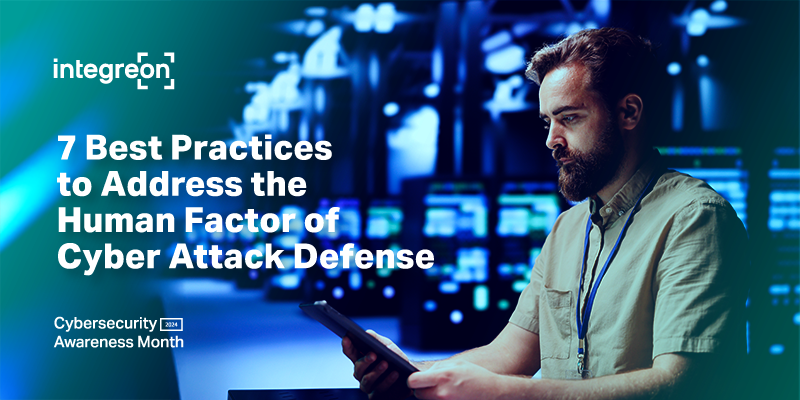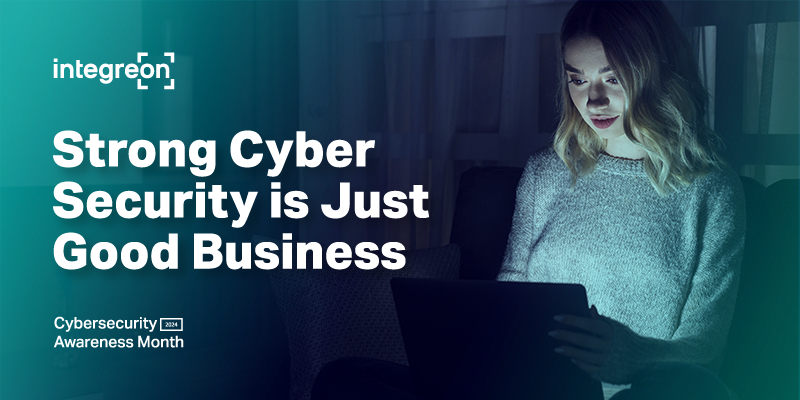Our previous Cybersecurity Awareness Month article, discussed the need to be aware of the human factors behind cyberattacks against organizations.
Here are the seven best practices to address these human factors:
1. Be aware of where your data is and how long you really need the data
Prolonging data storage beyond its necessary timeframe can heighten the risk of security breaches, subject you to additional legal complexities, and incur avoidable expenses. For instance, we once had a client who encountered significantly elevated compliance costs due to their failure to implement standard data retention policies.
2. Ensure you use multi-factor authentication (MFA)
As it is a simple and essential security measure. Without MFA, you become an easier target for hackers. In today’s landscape, hackers operate like businesses and prefer to target individuals who require minimal effort for maximum gain. Don’t let yourself become their high-profit customer or victim.
3. Avoid using your work email for personal online activities
such as emailing or shopping. Doing so raises the likelihood of your work being targeted by hackers. Cybercriminals frequently focus on business accounts by exploiting emails obtained from less secure personal accounts.
4. Be careful with payment requests
such as emailing or shopping. Doing so raises the likelihood of your work being targeted by hackers. Cybercriminals frequently focus on business accounts by exploiting emails obtained from less secure personal accounts.
5. Verify through an alternative channel
When you receive a suspicious email, verifying the information through a different communication channel is essential. Instead of replying to the email with questions like “Are you sure,” it’s best to call and speak with the sender directly to confirm the message’s authenticity.
6. Be honest and direct when reporting a potential breach
This gives your cybersecurity team time to stop the breach. Report the incident truthfully and entirely to your cybersecurity team, or IT help desk. Most organizations have sophisticated tools to compare user accounts with system logs. If the story is not truthful, it will likely be discovered eventually. Do not try to handle a cyber incident by pretending it is a simple password reset issue. Most organizations understand and honor users when they make an honest mistake or fall victim to cyber hackers.
7. Cyber security is a team effort
Cyber defense relies on layers of protection across technology and business processes. By working together and being supportive, we can create a culture of accountability and success. We can solve complex issues like cyber defense when we unite as a team.




